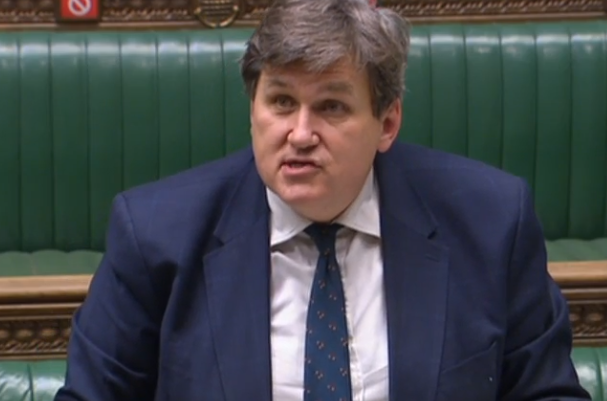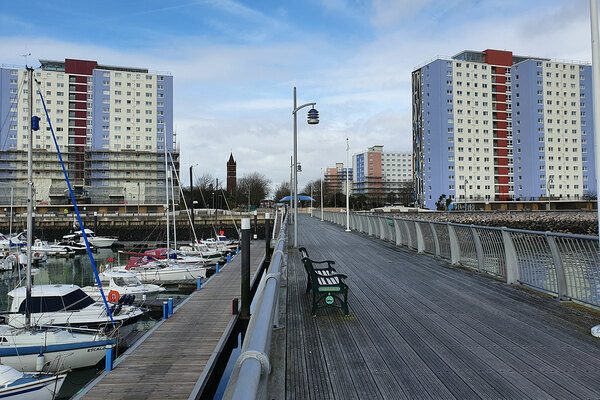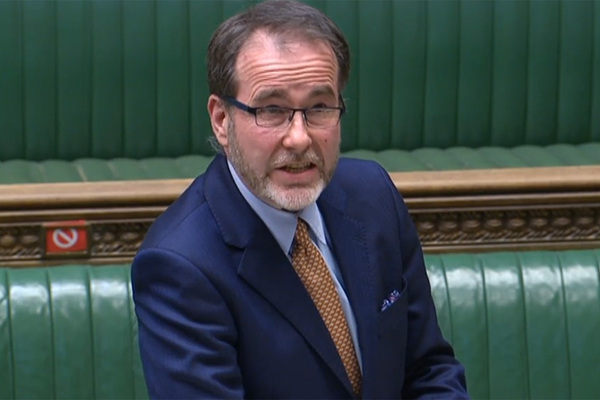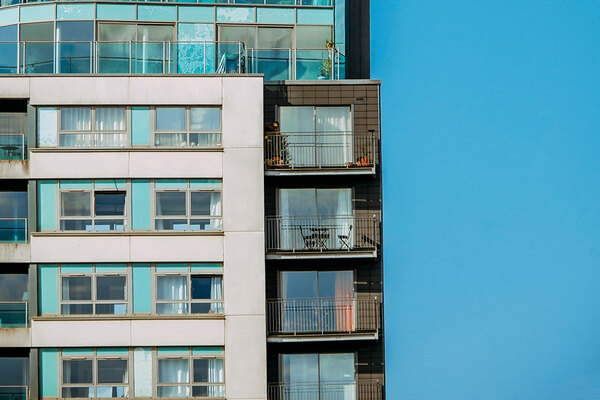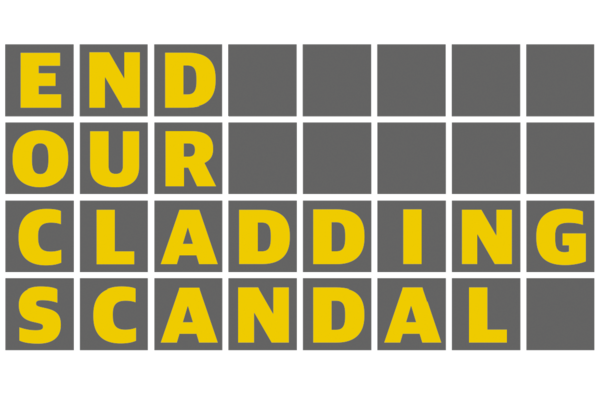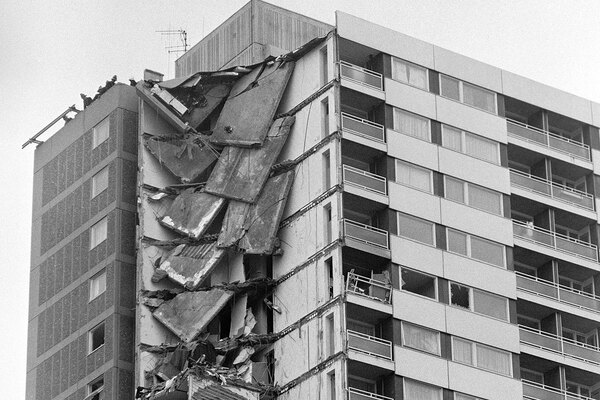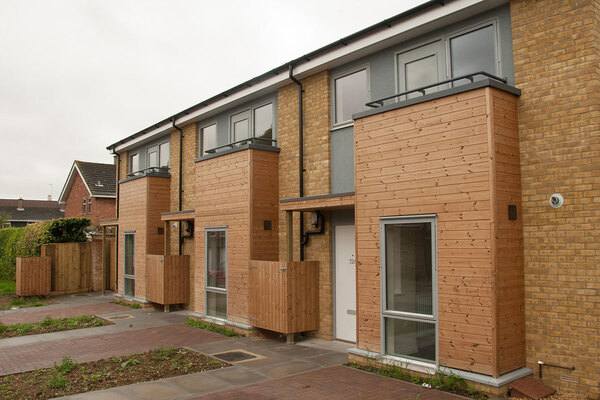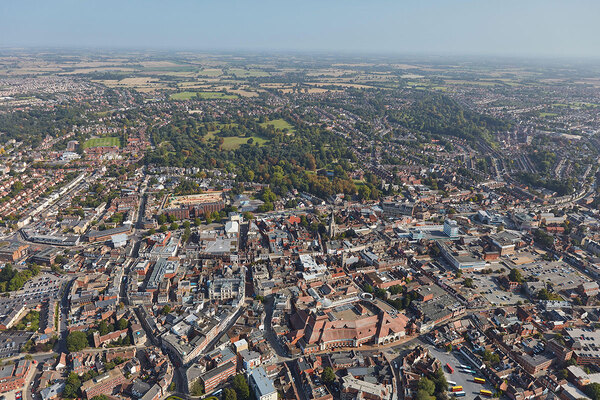Amendment to ban leaseholders paying for fire safety costs gets voted down
MPs have voted down an amendment to the Fire Safety Bill which would have banned leaseholders from being forced to pay for cladding remediation works.
Following a three-hour debate, the House of Commons voted 340-225 in favour of a government motion not to back the amendment, despite support from more than 30 Conservative MPs.
The amendment was one of three rejected today, having been batted back to MPs after they were passed by peers in November.
Beside the provision to protect leaseholders from costs, the other defeated amendments sought to create a national public register for fire safety and to amend legislation so that recommendations from the Grenfell Tower Inquiry’s phase one report could be implemented.
Representing the government in the debate, policing minister Kit Malthouse argued that the Fire Safety Bill “is not the correct place for remediation costs to be addressed”, adding that it “does not have the necessary legislative detail”.
Instead he said the Building Safety Bill, set to be introduced in spring, “is the appropriate legislative mechanism for addressing these issues”.
The Fire Safety Bill is a short piece of legislation tabled in March last year which places a duty on building owners to inspect cladding and fire doors.
It is the only piece of fire safety legislation introduced by the government since the Grenfell Tower fire in June 2017.
The much longer Building Safety Bill, which was published in draft form last summer for pre-legislative scrutiny, intends to deliver wholesale reforms to the regulatory framework surrounding residential building safety.
As drafted, it includes the introduction of a new safety charge for leaseholders separate to their service charge bills.
Mr Malthouse said that while the government agrees “with the intent to give leaseholders peace of mind and financial certainty”, tackling the costs issue in the Fire Safety Bill could “delay” its progress.
Shadow policing and fire service minister Sarah Jones branded this “an absolute cop-out”.
“If the government would say today, ‘we will commit to legislate to say leaseholders should not have to foot the bill’, we could accept that there’s a commitment there, but there isn’t… the words are said but there’s no action to put it into law,” she added.
The amendment to protect leaseholders was tabled by Conservative backbenchers Stephen McPartland and Royston Smith, who both heavily criticised the government during the debate.
Mr Smith said: “In trying to help, Mr Deputy Speaker, this government has satisfied no one and has upset just about everyone.
“The leaseholders are not responsible for this. They know they’re not. We know they’re not. The government knows they’re not. And therefore... the government’s position is now untenable.”
Fellow Conservative MP Bob Blackman also criticised the minister’s claim that the Building Safety Bill would suffice, arguing that it will likely not come into law for 18 months and that “leaseholders don’t have the time”.
But several other Conservatives echoed Mr Malthouse’s concerns about slowing down the Fire Safety Bill’s passage.
On the amendment to implement recommendations from the Grenfell Tower Inquiry through the bill, which was also defeated, Mr Malthouse said the move was “unnecessary” as the government intends to introduce the measures “through regulations”.
“I can reassure the Grenfell committee that the government remains absolutely steadfast in its commitment to implement the inquiry recommendations,” he added.
While not ruling out a public fire safety register “in the future”, a motion also rejected today, the minister said: “There is a need for detailed policy consideration prior to implementation of such a database, which makes us the wrong time to impose this in primary legislation.”
Hundreds of thousands of leaseholders across England are believed to be in buildings that require costly cladding remediation, with the issue having a knock-on effect on the wider housing market.
In a bid to tackle the problem, the government earlier this month upped its total funding to pay for the work on high rises to £5bn.
But campaigners were dismayed by its decision to offer only loans for affected leaseholders in buildings shorter than 18m.
Sign up for our fire safety newsletter
Already have an account? Click here to manage your newsletters
End Our Cladding Scandal: campaign aims
- Government provides a fund to cover the cost of cladding removal and remedial works on private blocks
- A firm timescale is set out of no more than two years for the work to be carried out
- Residents are reimbursed for the interim fire safety costs incurred, and funding is to be provided for necessary internal fire safety measures identified by a competent fire risk assessor
Sign up for our Retrofit Challenge Virtual Summit
If topics such as those mentioned in the above article are of interest to you, register for our Retrofit Challenge Virtual Summit here.
